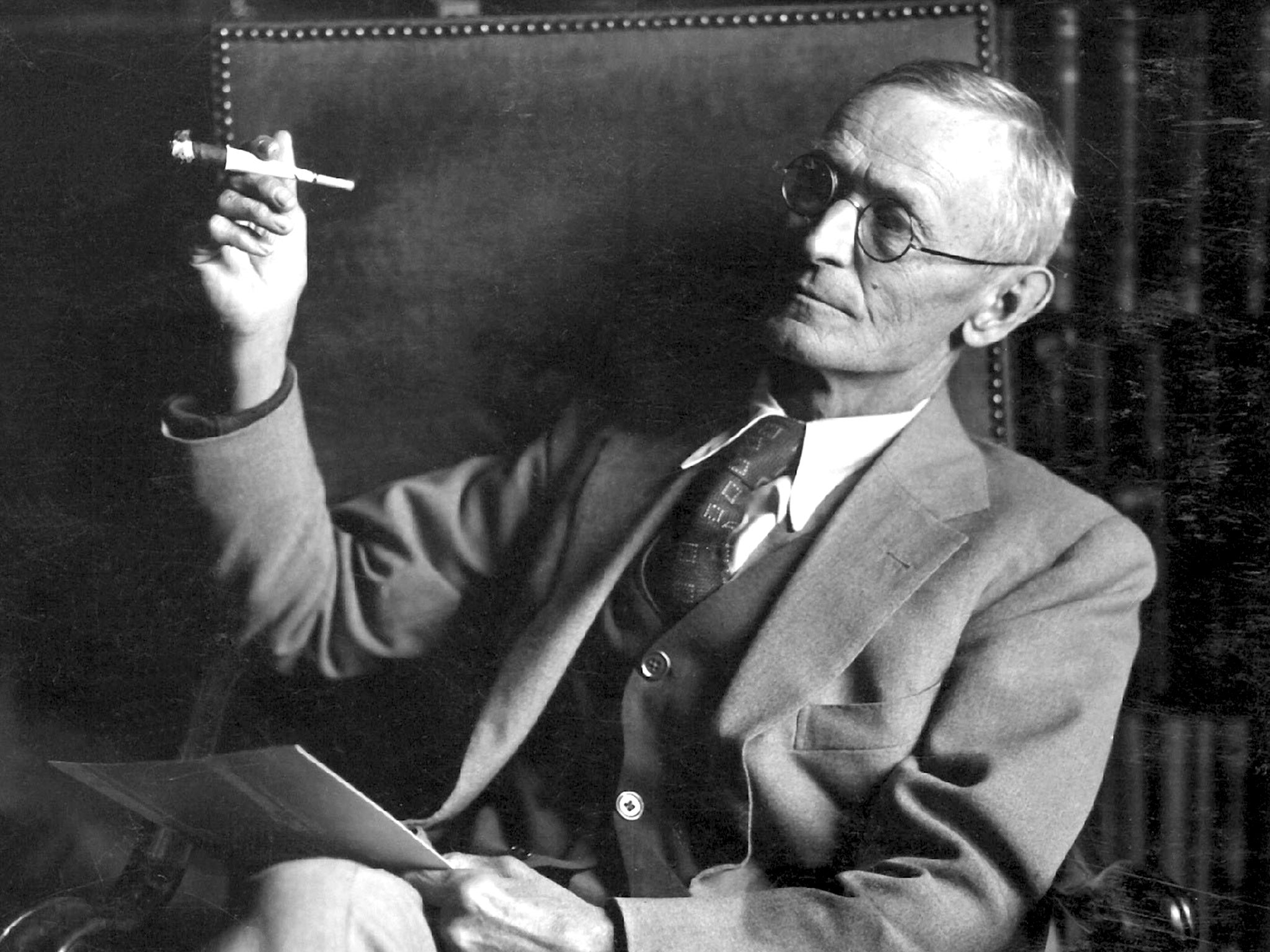Is Hermann Hesse’s philosophical fiction ready for a revival?
Today’s society is beset by similar existential crises that haunted the German-Swiss novelist, writes William Cook. So what can we learn from his literature?

In a sunlit courtyard in Montagnola, in the southern foothills of the Swiss Alps, German author and curator Regina Bucher is telling me about her lifelong fascination with Hermann Hesse. Regina moved to Montagnola in 1996, with her husband and their two young children. In 1997, she helped to establish the Hermann Hesse Museum, here in the hilltop village where Hesse spent the second half of his long life. In 1998, she became the museum’s director, and this year she retires. It feels like the closing scene from one of Hesse’s stories – a life come full circle, a search for spiritual enlightenment that ends back in the place where it began.
When I was a teenager, in the early 1980s, Hermann Hesse was everywhere. My parents read him avidly, and they weren’t the only ones. His novels sold over 150 million copies – not only in his native Germany and his adopted Switzerland, but all across the world. Translated into 60 languages, he was a familiar figure in Britain and America, popular as far afield as India and Japan. “He writes in a way that many people can understand,” says Bucher. “He really is a Weltburger, a citizen of the world.”
Subscribe to Independent Premium to bookmark this article
Want to bookmark your favourite articles and stories to read or reference later? Start your Independent Premium subscription today.
Join our commenting forum
Join thought-provoking conversations, follow other Independent readers and see their replies